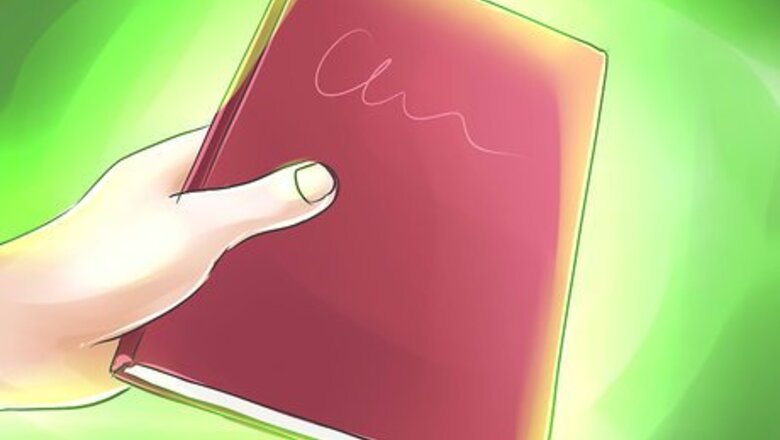
views
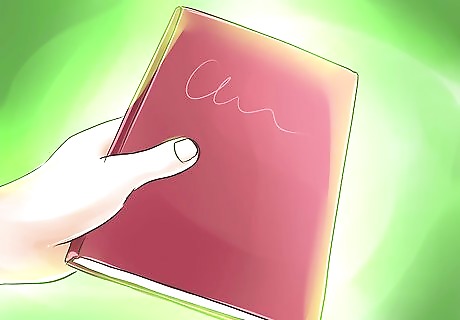
Procure or create a manual to develop a working format for proper parliamentary procedure. Nearly every formal body has different rules and regulations, but most tend to derive from Robert's Rules of Order. You can get a copy of this book at your local book store.
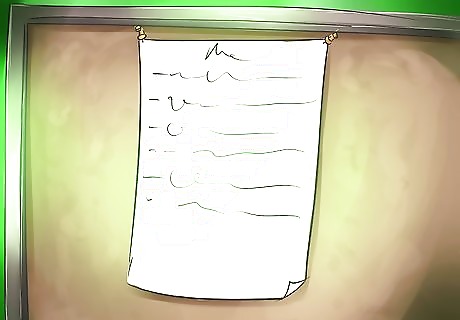
Create an agenda. If there is no agenda, it becomes quite difficult to conduct your meeting, and it won't be long before the meeting becomes uncontrollable. An agenda will safeguard you against this. Make sure that your agenda includes a proper placement and time for all items of business to be discussed, and ensure that at the minimum you include a time for reading of the minutes, officer/board member reports, old business, new business, and announcements. Depending on the organization, the person usually responsible for creating an agenda would be the President/Chair, Vice President, Secretary or a specific committee.
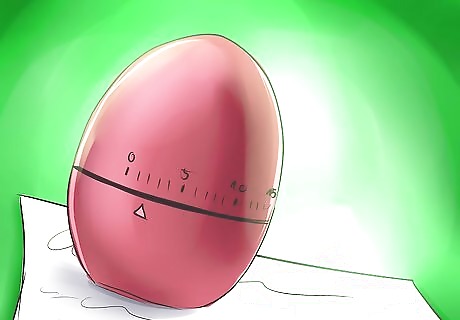
Devise a "minutes" document. The minutes will contain a brief, but comprehensive review of the immediate previous meeting. This is exceptionally important because without the minutes, people can and will forget what happened at the previous meeting, especially if there is a long period of time that elapsed between the two meetings. Human memory is never perfect. The task of taking the minutes usually devolves upon the Secretary of the organization, but this is not always the rule.

Appoint a member to be a parliamentarian, if the chair is not one already. A parliamentarian is a person who is very knowledgeable about your procedures - so make sure that person has a copy of the manual you are using. There will be a time in which questions of procedure will arise, and a parliamentarian will be able to render a solution quickly and effectively if the chair is unable to do so.

Make sure that members understand the parliamentary procedure. If everyone that regularly participates or votes on issues does not understand your group's policies, you will find that conducting your meeting will be impossible.













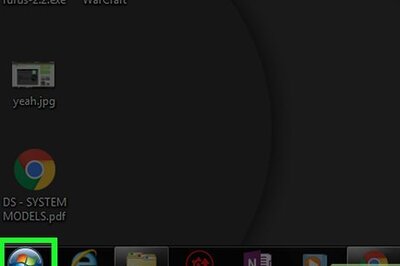




Comments
0 comment